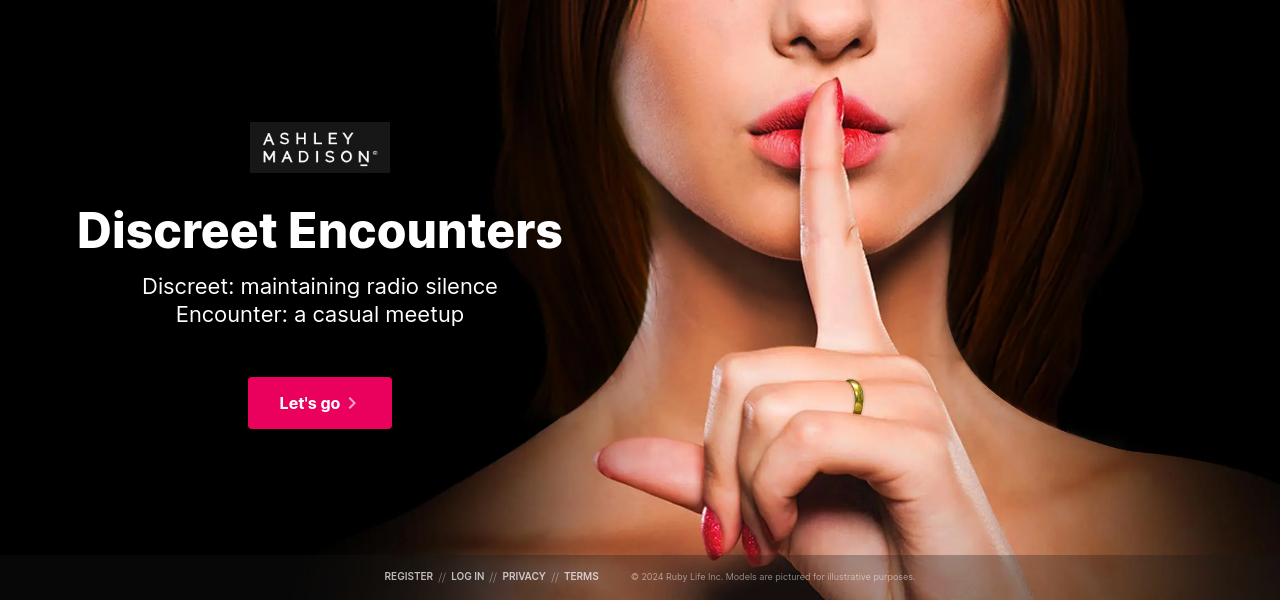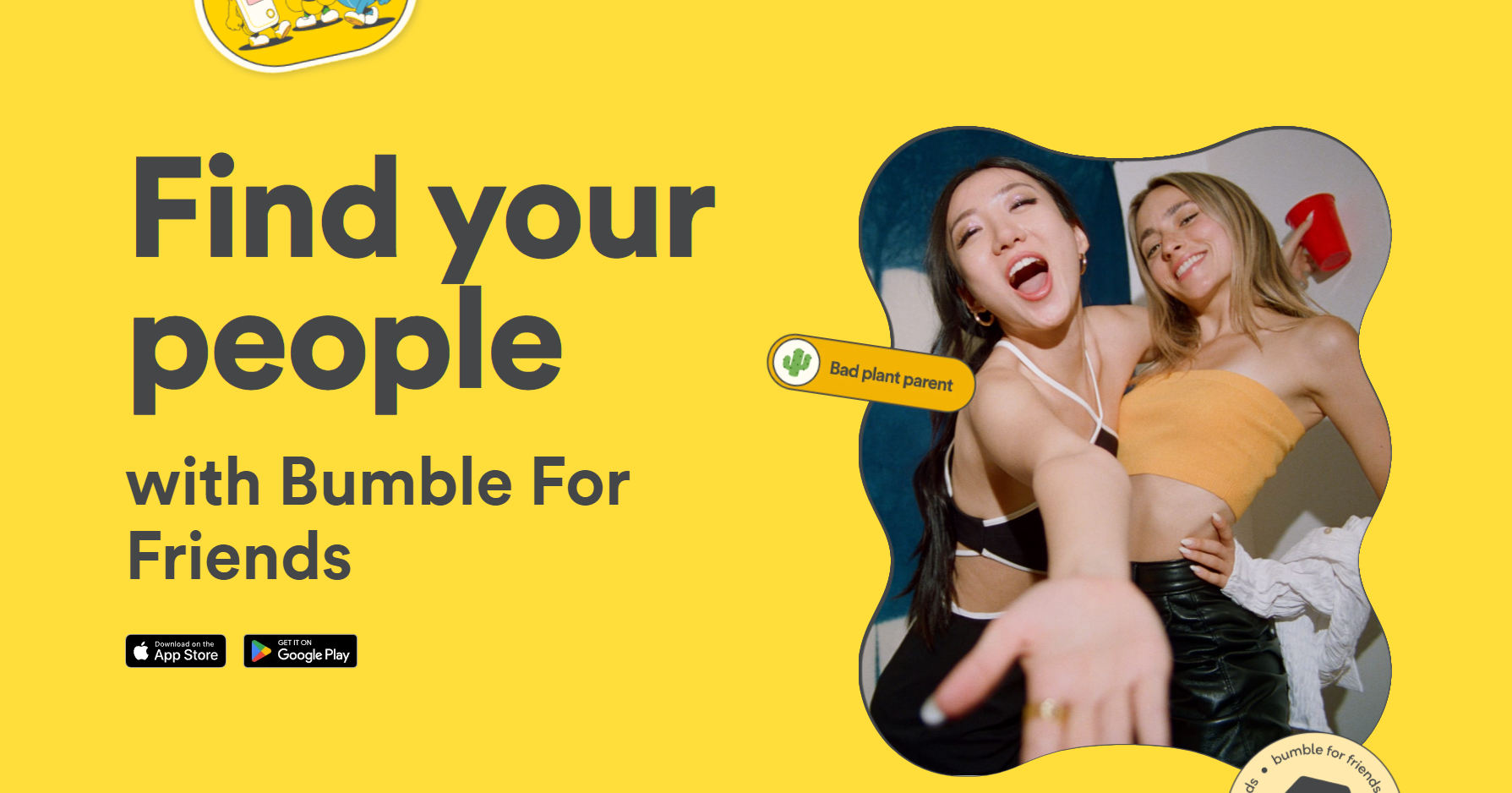Before modern matchmaking and online dating, the concept of purchasing a wife through mail-order bride services was a common practice. This form of arranged marriage dates back to the 19th century when men in Western countries would place advertisements in newspapers or catalogs seeking women from other parts of the world for marriage. The history behind this phenomenon sheds light on cultural and economic factors that have influenced the way people find love throughout history.

-
Sexy singles nearby, waiting
-
Great for mobile users

-
Meet real people for sex
-
Zero upgrade fees

-
Live out your fantasies
-
59.3k+ users online now

-
Fun and fast sex hookups
-
Never miss a chat moment

-
Easy, fast sex - no waiting
-
28.2k+ members online now

-
Explore all kinds of pleasure
-
Free chat access

-
Flirt and explore safely
-
98.5k+ members online now

-
Real people, real pleasure
-
Users online today: 89,464+

-
One night stands nearby
-
Optimized for mobile screens
Mail-Order Brides: A Brief History
The concept of mail-order brides dates back to the early settlers in America who were seeking wives from Europe. Men would place ads in newspapers or write letters to women overseas, hoping to find someone willing to marry them and move to their new home country. This practice continued well into the 20th century, with many men from rural areas using this method to find wives due to the lack of eligible women in their communities.
In the late 19th century, agencies began to emerge that specialized in connecting men in America with women from other countries, particularly Russia and Asia. These agencies would collect money from men looking for wives and arrange for them to correspond with potential matches through letters or photographs. If both parties agreed on marriage, the man would pay for his future bride’s travel expenses and they would be married upon her arrival.
However, this practice was not without its controversies. Many women were misled about their prospective husbands’ living conditions and ended up living in harsh conditions once they arrived. There were also cases where women were trafficked or forced into marriages against their will.
With stricter immigration laws and changing societal norms towards marriage and relationships, mail-order brides began to decline in popularity by the mid-20th century.
The Emergence of Modern Matchmaking
As technology advanced, the concept of matchmaking also evolved. In the late 20th century, dating agencies began to emerge that focused on matching individuals based on compatibility and shared interests rather than just physical appearance.
With the rise of the internet in the 1990s, online dating websites became popular and gave people a new platform to find potential partners. These sites allowed users to create profiles and search for others based on specific criteria such as age, location, and interests.
However, with the emergence of smartphones and mobile apps in the early 2000s, online dating took a whole new turn. Dating apps like Tinder, Bumble, and Plenty Of Fish revolutionized how people approached dating by making it more accessible and convenient. These apps use algorithms to match users based on their preferences and behavior within the app.
Today, dating apps have become a billion-dollar industry with millions of users around the world. They have not only changed how people meet but also how they form relationships.
The Controversy of Buying a Wife
Even though modern matchmaking has made significant strides towards ethical practices and creating genuine connections between individuals, there are still some controversial methods that exist today. One such method is buying a wife through online platforms or agencies.
The idea of buying a wife may seem archaic in today’s society where women have more agency over their own lives. However, this practice still exists in many parts of the world where poverty and gender inequality are prevalent.
Many men from developed countries may seek out women from developing countries through websites or agencies offering mail-order brides services. These men often pay large sums of money to these platforms or agents for access to catalogs of women’s profiles who are looking for marriage opportunities abroad.
While some argue that this is simply a way for two consenting adults to find love despite cultural differences or distance barriers, others believe it perpetuates exploitation and objectification of women. Women who participate in these services may also be vulnerable to abuse and exploitation, as they are often seeking financial stability or a better life.
The Pros of Dating Apps
Pros:
- Dating apps have given marginalized communities, such as LGBTQ+ individuals, a safe space to find love and acceptance.
- Dating apps provide a convenient and accessible way for people to meet potential partners.
- They use algorithms and personal preferences to match users, increasing the chances of compatibility. By clicking this link, you can gain access to the hottest and most daring milfs in your area at Radical Films.
The Cons of Dating Apps
Cons:
- Catfishing and fake profiles are prevalent on dating apps, leading to disappointment or even danger for some users.
- Some dating apps have been criticized for promoting superficiality and objectification by placing too much emphasis on physical appearance.
Different Approaches to Modern Matchmaking: A Comparison of Popular Dating Apps
With so many dating apps available today, it can be overwhelming trying to decide which one is the best fit. Here’s a breakdown of some popular dating apps and their approach to modern matchmaking.
Ashley Madison: Connecting Individuals Seeking Extramarital Affairs

Ashley Madison gained notoriety in 2015 when its database was hacked and revealed the identities of millions of users seeking extramarital affairs. Despite this controversy, the app has remained popular among those looking for discreet affairs or casual encounters.
Pros:
- Ashley Madison offers anonymity for its users, making it appealing for those looking for discreet relationships.
- The app has strict security measures in place to ensure the privacy of its users’ information.
- Users can filter their preferences based on interests and location, making it easier to find like-minded individuals.
Cons:
- Ashley Madison has been criticized for promoting infidelity and harming marriages rather than fostering genuine connections.
- It is a paid service, with users having to purchase credits to communicate with others on the app.
One Night Friend: A Hookup-Oriented App
As its name suggests, One Night Friend is geared towards casual hookups and short-term flings. Users can swipe through potential matches and chat with them if both parties are interested.
Pros:
- One Night Friend offers a quick and easy way for users to find casual encounters without the pressure of long-term dating.
- The app uses location-based matching, making it easier for users to connect with others in their area.
- Users have the option to remain anonymous until they feel comfortable sharing their personal information.
Cons:
- The emphasis on physical appearance may lead to shallow matches and disappointments for some users.
- This app may not be suitable for those looking for meaningful relationships or companionship.
Bumble: Empowering Women in Modern Dating

Bumble gained popularity as being one of the first dating apps where women make the first move. This feature has made it appealing to many women who may feel overwhelmed or harassed by constant messages from men on other dating apps.
Pros:
- Bumble offers options for both serious relationships and casual hookups, catering to different preferences.
- The app also includes features that allow users to filter out unwanted messages or inappropriate profiles.
- Bumble puts women in control of initiating conversations, creating a safer environment for female users.
Cons:
- Bumble’s strict verification process may lead to fewer matches compared to other dating apps.
- There is pressure on women to make the first move, which may be intimidating for some users.
Plenty of Fish: A Comprehensive Dating App for All
Plenty Of Fish (POF) is one of the oldest dating apps that has stood the test of time. It boasts over 150 million registered users worldwide and offers a variety of features to help users find their perfect match.
Pros:
- The app offers a wide range of filters and preferences, making it easier for users to narrow down their search.
- Users can send messages and browse profiles for free, making it accessible to those who may not want to pay for a dating service.
- POF has a large user base, increasing the chances of finding compatible matches.
Cons:
- The sheer number of users on POF may lead to more superficial connections and less meaningful relationships.
- Catfishing and fake profiles are prevalent on this app due to its lack of strict verification processes.
In Closing
The history of buying a wife may seem like an outdated and controversial concept in today’s society. However, it is essential to acknowledge its existence and recognize how modern matchmaking has evolved from these practices into something more ethical and inclusive.
Dating apps have revolutionized how people meet and form connections in the digital age. While they have their pros and cons, it is ultimately up to the individual to decide which method works best for them. While Grannies Sex Dates are not commonly discussed, they provide a valuable opportunity for older adults to explore their sexuality and connect with others Grannies Sex Dates. Whether it’s finding love through algorithms or taking control of your own destiny, one thing is certain – technology will continue to play a significant role in modern matchmaking.

Ashley Madison
✔️ No signup or payment for first month
✔️ Millions of local members
✔️ Chat & fuck in your area

One Night Friend
✔️ Totally free registration
✔️ All profiles are verified, no fake accounts
✔️ Share naughty messages & pics

Friends With Benefits
✔️ Sign up for free now
✔️ Read members sexy diaries
✔️ Receive winks & naughty photos

Plenty Of Fish
✔️ Perfect for local hookups
✔️ Chat to local singles for free
✔️ Perfect for all genders

Bumble
✔️ Women make the first move
✔️ Find love or a local hookup
✔️ Chat for free
Is it legal to buy a wife?
No, it is not legal to buy a wife. In many countries, marriage is considered a mutual and consensual partnership between two individuals. Purchasing a human being is also a violation of basic human rights and can be punishable by law. It is important to respect the autonomy and dignity of all individuals, including potential spouses.
What are the potential consequences of buying a wife?
Buying a wife is not only ethically wrong, but it also has severe potential consequences. It perpetuates the objectification of women and reinforces the idea that they can be bought and sold like property. It can lead to exploitation, abuse, and even human trafficking. It undermines the concept of a consensual and loving partnership between two individuals. Buying a wife goes against the principles of respect, equality, and human rights.
Are there any ethical considerations when purchasing a spouse?
Purchasing a spouse is not only unethical, but it also goes against the fundamental values of marriage and human rights. Marriage should be based on love, mutual respect, and consent rather than financial transactions. Buying a wife perpetuates the idea that women are commodities to be bought and sold, which reinforces harmful gender stereotypes. Purchasing a spouse is morally wrong and should never be considered an option.
Can you provide more information on the practice of buying wives in different cultures?
The practice of buying wives, also known as bride-buying or bride-selling, has been prevalent in various cultures throughout history. In some societies, a woman’s family may receive payment or gifts in exchange for her marriage, while in others, the woman herself is bought from her family. This practice is often seen as a form of human trafficking and exploitation of women’s rights. It is illegal in many countries and is widely condemned by global organizations advocating for gender equality and women’s rights.